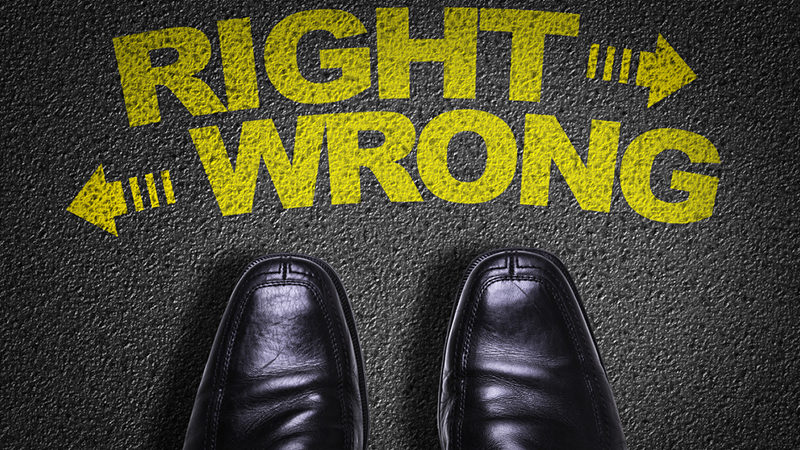A moral dilemma is a situation where you are compelled to do something which can be interpreted by other people as wrong, but you have to do it for the right reasons. My moral dilemma was to lie or not to lie. Society views lying as a deceitful enterprise. Abraham Lincoln has been lauded on his insistence in telling the truth and avoiding lies at all costs. I admit that I lied about something, but I had to lie to protect another person. The question is: is lying morally wrong? The answer is, it depends.
To justify my actions, I had to examine the nature of virtue. The Greeks had a word arete which means excellence. The arete of a knife is to cut. If the knife is blunt, it is still a knife, but has lost lost its arete. Aristotle said that man too possesses an arete, and that arete is to be virtuous. Plato defines virtue as consisting of four cardinal attributes, courage, justice, temperance, and prudence. To resolve my dilemma, I examined the nature of one of these attributes, prudence. Prudence is to have an insight into a problem and to assess the consequences of any action.
I lied to protect a friend. I did so with no evil intent. I did so to spare my friend any unnecessary suffering which he would have endured should I have followed Honest Abe’s example and stuck to the truth.
I applied the true meaning of what it is to be virtuous. There is a Latin phrase which reads, “Non est in rebus sed in animo ipso.” This translates to, “Vice is not in one’s actions, but in the mind itself.” In short, it’s not what you do, it’s why you do it. Your actions are judged by your intentions. The same can apply to virtue. The Muslims say that it is not what comforts the soul that is important, it is what comforts the heart that matters. To protect a friend from unnecessary suffering, I lied. This demonstrates that lying can be virtuous if it is used for good.
Everyone has an inner voice which tells them the real difference between right and wrong. In the eyes of society, I might have done wrong. My inner voice tells me otherwise. I lied, but for the right reasons. It’s not what you do, it’s why you do it. If you can justify this, then you can settle any unethical doubts in your mind.


Vices surely depends on one’s intents, but while judging it on the realm enveloping the entire society requires reasoning or rationale on either side of the vice, i.e. the recipient of the vice and the beneficiary.